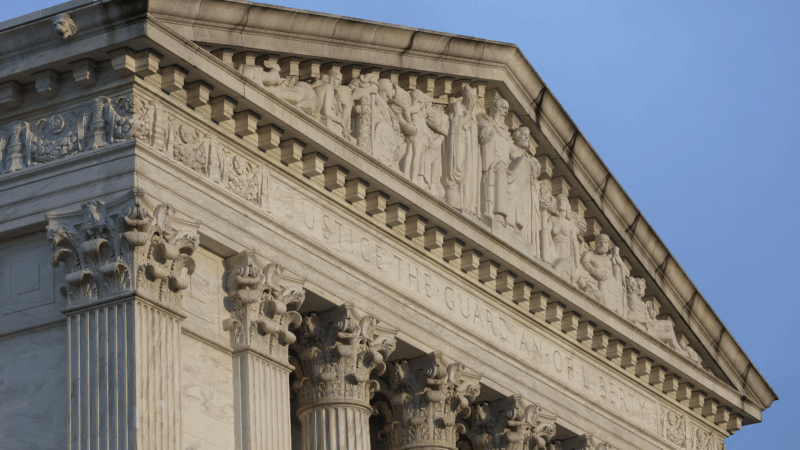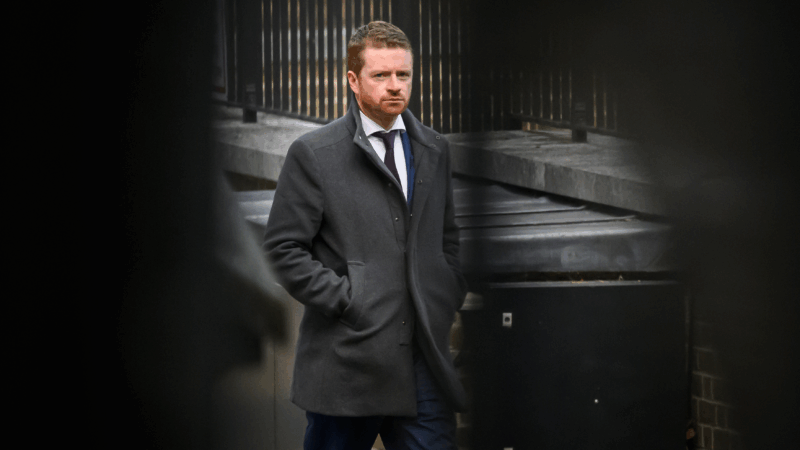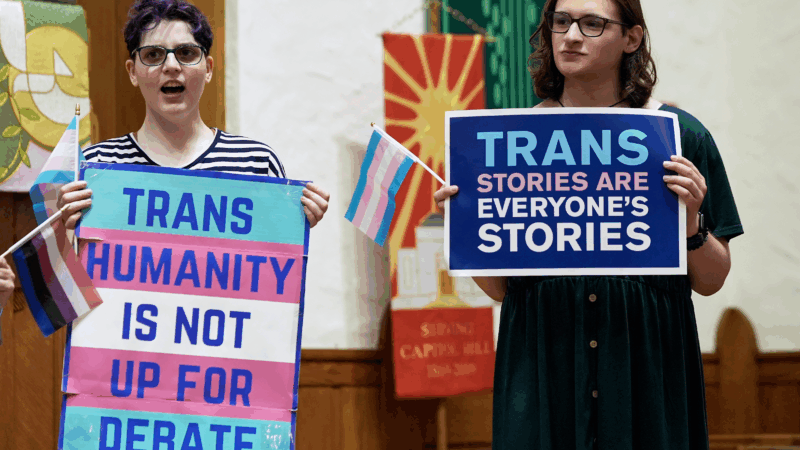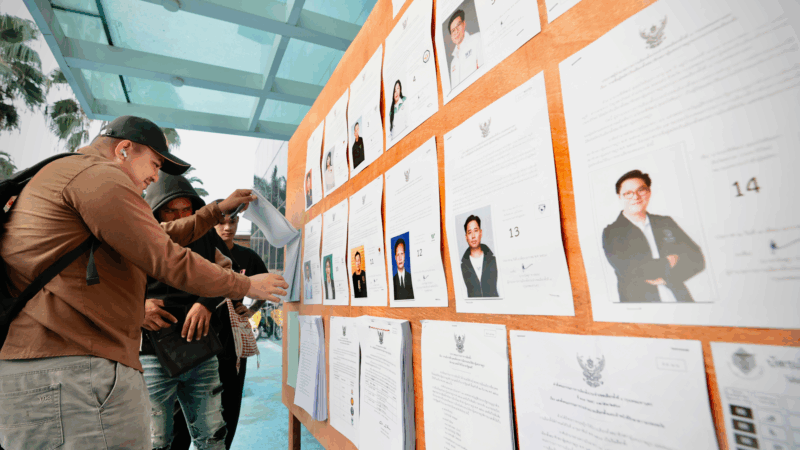Supreme Court to hear challenge to Trump’s birthright citizenship order in May
The U.S. Supreme court Thursday deferred any ruling on President Trump’s claim that there is no automatic guarantee to birthright citizenship in the Constitution.
The court said it would hear arguments in the case on May 15, with a decision likely by late June or early July.
The court gave no indication that it plans to consider other related question raised by the Trump administration, which complained to the court that about the ability of single district court judges to issue rulings that cover the entire country in cases like this one.
To date, every court to have considered Trump’s executive order banning birth right citizenship, issued on day one of his administration, has blocked it. But he has doggedly persisted in his contention that birthright citizenship is unconstitutional, an idea widely considered a fringe view because the Supreme Court ruled to the contrary 127 years ago, and that decision has never been disturbed.
A group of states challenged Trump’s order, contending that the right to birthright citizenship is not, even remotely, an open question. As they put it in their Supreme Court brief: “For over a century, it has been the settled view of this court, Congress, the Executive Branch, and legal scholars that the Fourteenth Amendment Citizenship clause guarantees citizenship to babies born in the United States, regardless of their parents’ citizenship, allegiance, domicile, immigration status or nationality.”
The 14th amendment says: “All persons born or naturalized in the United States, and subject to the jurisdiction thereof, are citizens of the United States.” Trump, however, has long argued that there is no such thing as automatic citizenship, at least not for all children born in the U.S.
Federal district court judges in three different states have forcefully rejected that view and blocked Trump’s executive order voiding birthright citizenship. And three separate appeals courts have refused to unblock those court orders. Judge John Coughenour, a Reagan appointee in Washington state, was the first judge to block Trump’s executive order, calling it “blatantly unconstitutional.”
Even the Trump administration’s lawyers seemed to acknowledge the shaky ground they were standing on. Rather than ask the justices to outright reverse the lower courts, they instead asked the justices to narrow the lower court orders so that the administration could at least begin planning to put into effect its new policy against birthright citizenship.
U.S. gave Ukraine and Russia June deadline to reach peace agreement, Zelenskyy says
"The Americans are proposing the parties end the war by the beginning of this summer," Zelenskyy said, speaking to reporters on Friday.
U.K. leader’s chief of staff quits over hiring of Epstein friend as U.S. ambassador
British Prime Minister Keir Starmer's chief of staff resigned Sunday over the furor surrounding the appointment of Peter Mandelson as U.K. ambassador to the U.S. despite his ties to Jeffrey Epstein.
Trump administration lauds plastic surgeons’ statement on trans surgery for minors
A patient who came to regret the top surgery she got as a teen won a $2 million malpractice suit. Then, the American Society of Plastic Surgeons clarified its position that surgery is not recommended for transgender minors.
What you should know about Bad Bunny’s Super Bowl halftime show
Will the Puerto Rican superstar bring out any special guests? Will there be controversy? Here's what you should know about what could be the most significant concert of the year.
Sunday Puzzle: -IUM Pandemonium
NPR's Ayesha Rascoe plays the puzzle with KPBS listener Anthony Baio and Weekend Edition Puzzlemaster Will Shortz.
Thailand counts votes in early election with 3 main parties vying for power
Vote counting was underway in Thailand's early general election on Sunday, seen as a three-way race among competing visions of progressive, populist and old-fashioned patronage politics.








